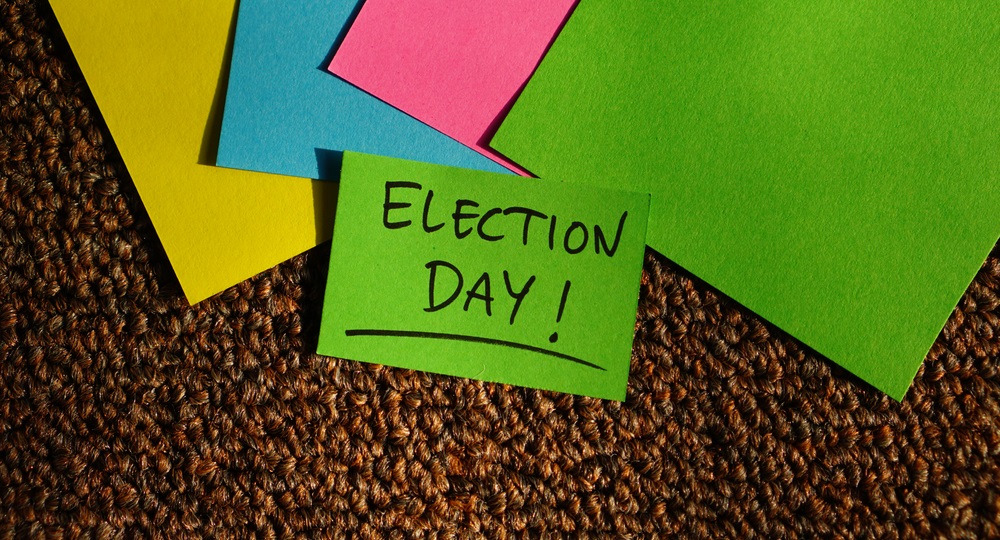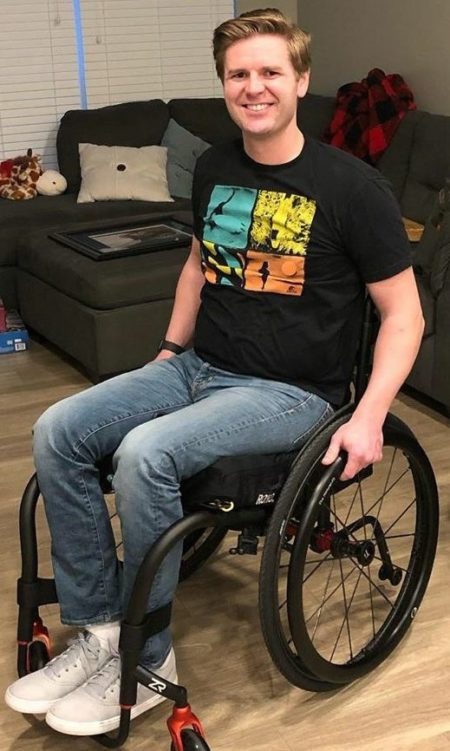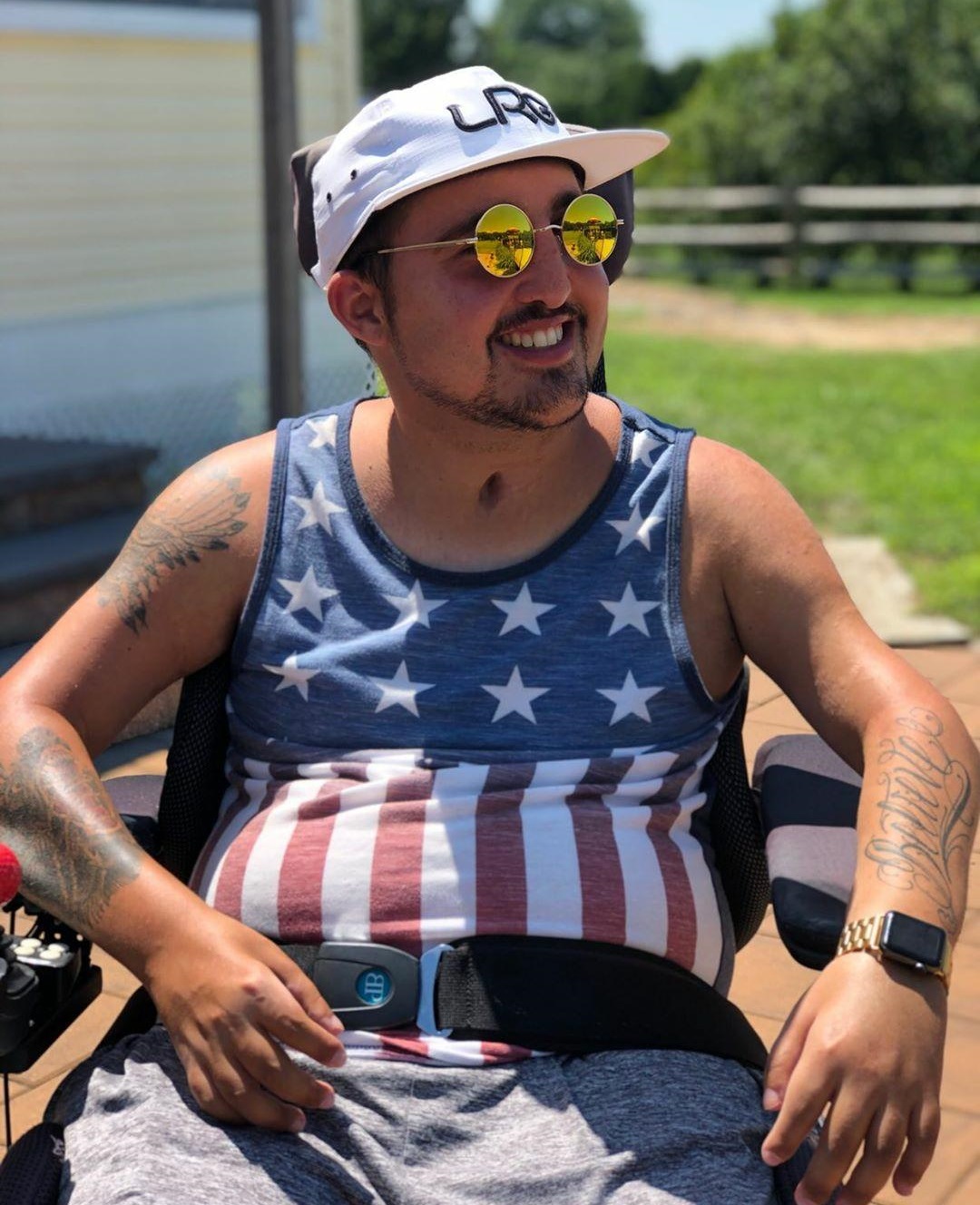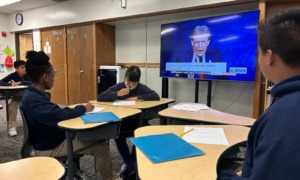 DOPDOP/SHUTTERSTOCK
DOPDOP/SHUTTERSTOCK
In the middle of a global pandemic our country is about to choose who will be the president for the next four years. The incumbent president, Donald Trump, has been handling the COVID-19 crisis in a way that many feel is inadequate and uninformed, and they are ready for a change. Former Vice President Joe Biden, the Democratic candidate, has ideas for how to help the country get back on its feet after a devastating 2020.
This year is unlike any other when it comes to voting because of the need for social distancing. We were expecting to utilize the mail-in voting option until President Trump claimed that they could enable fraudulent votes. With all this going on, I am curious about how youth with disabilities will be affected when they are ready to cast their votes.

Austin Patten
Austin Patten is 31 and lives in Draper, Utah. Patten is a T6 paraplegic who has been a part of the disabled community for a year and was a triathlete prior to his injury. “I try to go hand cycling with other disabled athletes as well as keep an eye out for new spinal cord injury people with whom I can make contact, befriend and inspire,” he said.
Even with the uncertainty of how we will be voting this year, Patten is sure he will be exercising his right. “I will vote just like in previous years. It looks the same for me. I just have to choose who to vote for,” he said.
On the other hand, Wayne DeMarco in Smyrna, Delaware, plans to skip the election entirely. DeMarco, who is 25 and lives with spinal cord injury, is connected to the disabled community as an influencer/motivator. He believes COVID-19 is “killing most with an underlying condition.” Asked about the election, he said, “Honestly never vote … no reason.”
The controversy over voting procedures is coming straight from the White House. Many Americans feel that due to the extenuating circumstances citizens should be allowed to vote by mail as a safety precaution. President Trump says this will lead to fake votes that could possibly throw the election for him and his administration.

Wayne DeMarco
In the past, there have been reports of voter fraud, including in 2000 when former President George W. Bush ran against Al Gore. However, recent studies, like this one from The Brookings Institution, have revealed that the number of voter fraud cases is so insignificant there should really be no cause for alarm. This information should, at the very least, be given consideration since the reality of in-person voting is that it could cause problems for the health and safety of Americans.
This reality is known all too well throughout the disabled community, where people are still struggling to stay in good health as the virus continues to spread. Patten touched on this reality with some insight from his own experience:
“We already struggle as disabled people. Now taking away the programs we use to help our mental state is hard. There are several organizations where I live that help disabled people. But all of them shut down activities for a portion of the year. I know it’s causing depression to rise and people to not feel connected to mentors and friends. Having these programs is so good for us because we can talk with similar people about what we deal with, while doing something active,” he said.
As the election nears, we have an opportunity to establish a new set of procedures for voting during a crisis. A crisis could be any number of things, not just a pandemic. I think that being prepared for emergencies of any kind will only strengthen our commitment to our democracy and fairness in elections.

Deandra Mouzon
Deandra Mouzon is a Georgia-based journalist who received a B.A. in journalism from CUNY’s York College. Currently she is working on a publication about youth with disabilities.




























